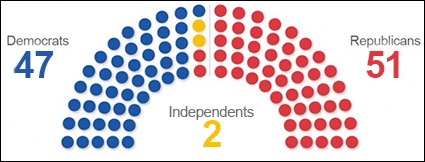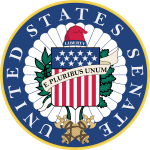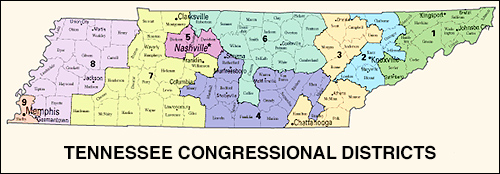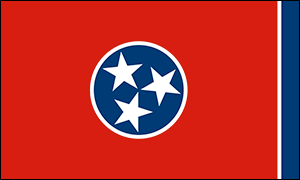By Jim Ellis
Sept. 25, 2018 — Most of the contemporary political talk surrounds the Democrats’ ability to gain the US House majority, but is there a viable path for a power shift in the Senate? Their road to a new Senate majority is much rockier than for the House, but at least a mathematical chance of that becoming reality does exist.
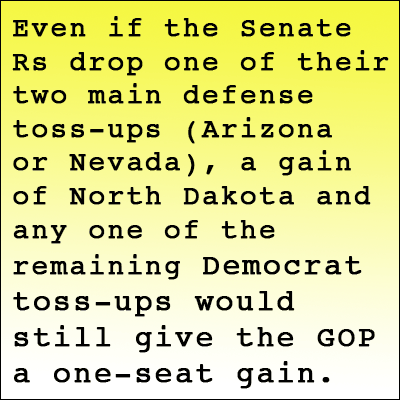 Last week we reviewed the status of the 17 states that see legitimate competition for the in-cycle Senate seats. Now, looking at the latest Fox News Senate ratings, we can draw some conclusions about the Democrats’ victory chances.
Last week we reviewed the status of the 17 states that see legitimate competition for the in-cycle Senate seats. Now, looking at the latest Fox News Senate ratings, we can draw some conclusions about the Democrats’ victory chances.
It is important to remember that the minority Dems must defend 26 of the 35 in-cycle Senate races in the current election cycle. Thus, the party’s least complicated path is to run the table of their current 26 seats, and then take two of the five GOP states where they are fielding credible opposition candidates. Doing so would give the Dems a 51-49 majority.
But, this is easier said than done. According to Fox, and virtually all other media prognosticators, one of the Democratic seats, North Dakota, is already leaning to the Republicans, while three more (Florida, Indiana, and Missouri) reside in the “Toss-up” column.
Of the nine seats the Republicans need to defend, three reside in the Toss-up category (Arizona, Nevada, and Tennessee), while one is classified as a Lean Republican (Texas), and the remaining five (Nebraska, the two Mississippi seats, Utah, and Wyoming) are rated as Likely Republican. (Fox does not use a “safe” designation. The best a candidate of either party can achieve from a Fox News political rating is “likely.”)

